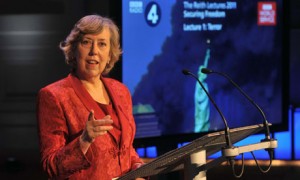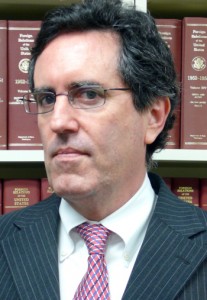
A good summary of the Arab Revolt and explanation of why the West ought to let Arabs sort out things for themselves
by Patrick Seale
Agence Global, 30 Aug 2011
The Arabs face a formidable task — nothing less than rebuilding the entire state structure and system of government in countries as diverse as Tunisia and Egypt, Libya and Yemen. In Syria, too, the Ba‘thist state is almost certainly doomed, whether President Bashar al-Asad survives at its head or not. It has lasted 48 years, ever since the Ba‘th party seized power in 1963. If it is to outlast the present uprising, it would need to be profoundly recast and remade in order to accommodate several neglected forces in Syrian society — sects, ethnicities, tribes, disgruntled intellectuals and the rural poor among others.
What form of government will replace the rickety Arab structures, some of which have already been brought down it, while others are still fighting to survive? What state structures will replace the old autocracies, with their bankrupt one-party rule and their all-powerful military and security apparatus? This is the key question posed by events not only in Damascus, but also in Tunis, Cairo, Tripoli and Sanaa. This is the great unknown.
The monarchies of the Arabian Peninsula (with the exception of Bahrain) stand out as islands of relative stability in the current upheaval — possibly the most radical since the fall of the Ottoman Empire. They are protected by their oil wealth, but not by that alone.
Modernised and reformed over the years, their traditional systems of government have, in most cases, proved responsive to the needs of their citizens. They have provided reasonably good governance, whether in the United Arab Emirates or Qatar, in Kuwait or Oman, or indeed in Saudi Arabia itself, the dominant power in the Peninsula. Good governance would seem to be the secret of their continued legitimacy.
We all know — because it has been said so often — that the revolutionaries of the Arab Spring want social justice, jobs, freedom from police brutality and arbitrary arrest, a chance to advance in life, better prospects for themselves and their families, a fairer distribution of their country’s resources, an end to corruption by a privileged elite, dignity and respect from their rulers. In a word, good governance.
That, above all, is what the Arab world would seem to want, rather than democracy on the Western model, of which the Arabs have had little experience; and for which they have little appetite, if it means any form of Western tutelage.







